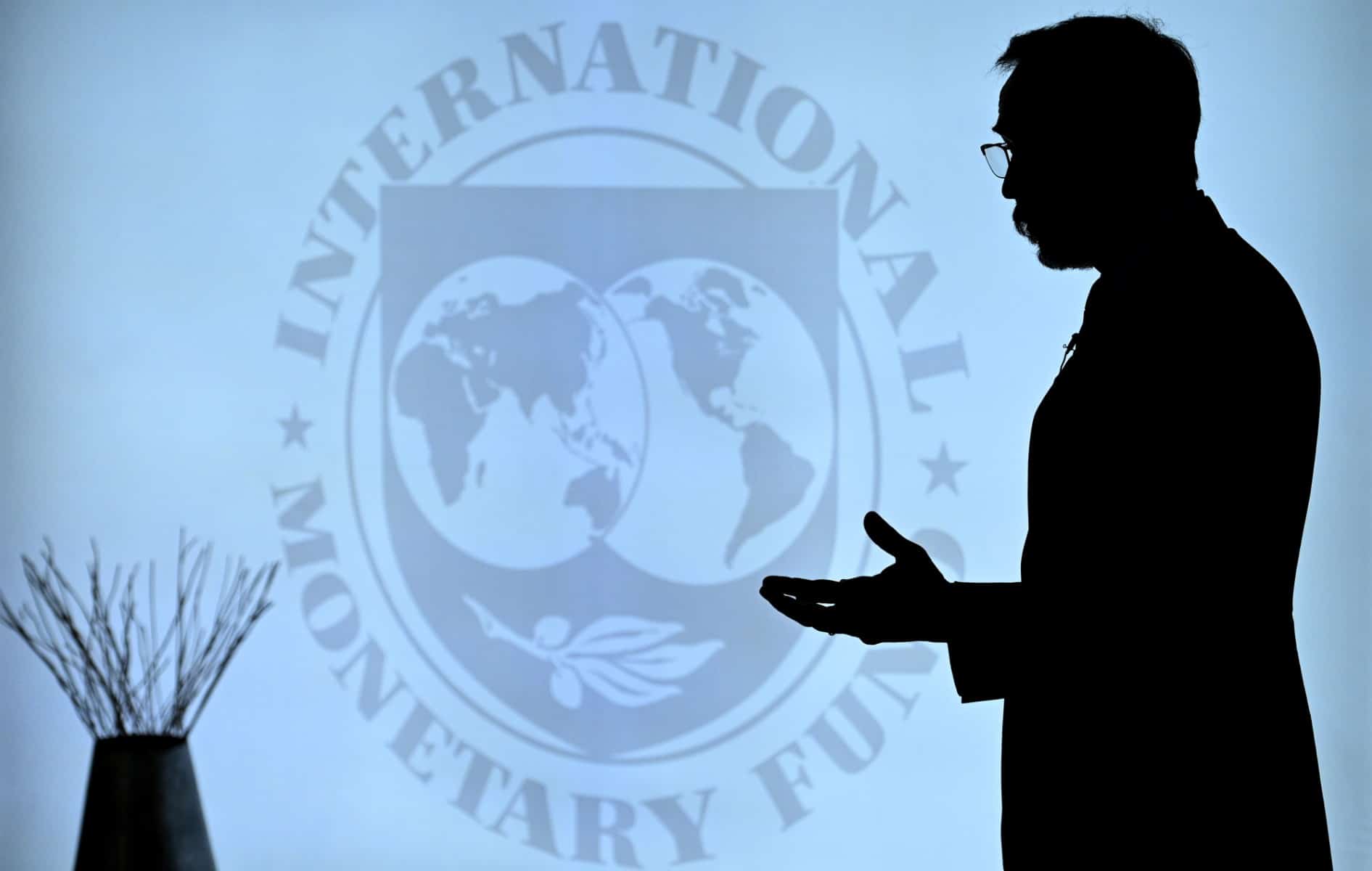Those reforms would include steps to extend taxation to the informal economy, to provide greater public-sector transparency and to phase out “wasteful price subsidies” while expanding social safety nets.
The agreement in principle, reached between IMF staff and Tunisian authorities meeting this week in Washington, still requires the approval of the Fund’s board, which is scheduled to discuss the matter in December.
Earlier Saturday, thousands of people poured into the streets of Tunis to protest the policies of President Kais Saied, who seized power last year in what critics say was a coup, and whom many blame for the country’s economic crisis.
Pressures both from the deteriorating global economic environment and from high commodity prices “are weighing heavily on the Tunisian economy, adding to underlying structural weaknesses amid challenging socioeconomic conditions,” IMF staff members Chris Geiregat and Brett Rayner said in a statement.
They headed the IMF team that met this week with Tunisian officials in Washington.
The resulting agreement “will support the authorities’ economic reform program to restore Tunisia’s external and fiscal stability, enhance social protection and promote higher, greener, and inclusive growth,” the statement said, while predicting a near-term slowdown in growth.
The release of funds should provide relief to the heavily indebted country, which is no longer able to borrow on international markets.
Tunisia’s budget deficit, up sharply, is set to exceed 9 percent of GDP this year.
Year-on-year inflation meantime hit 9.1 percent in September, while food and fuel prices have soared even more — up 13 percent from the same 2021 period.








